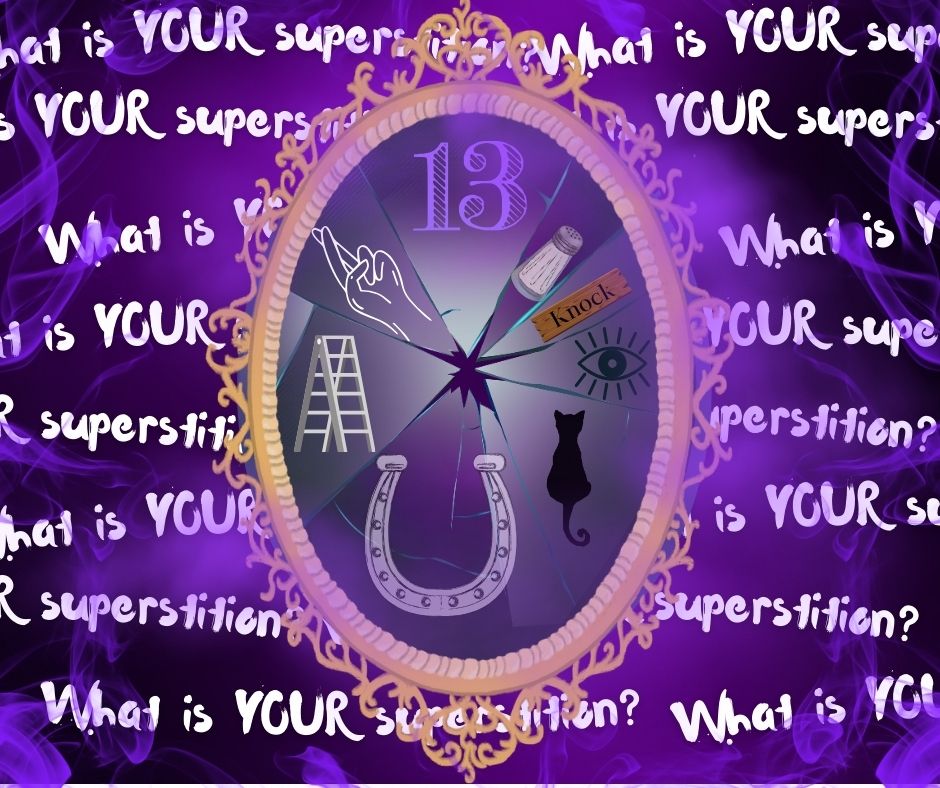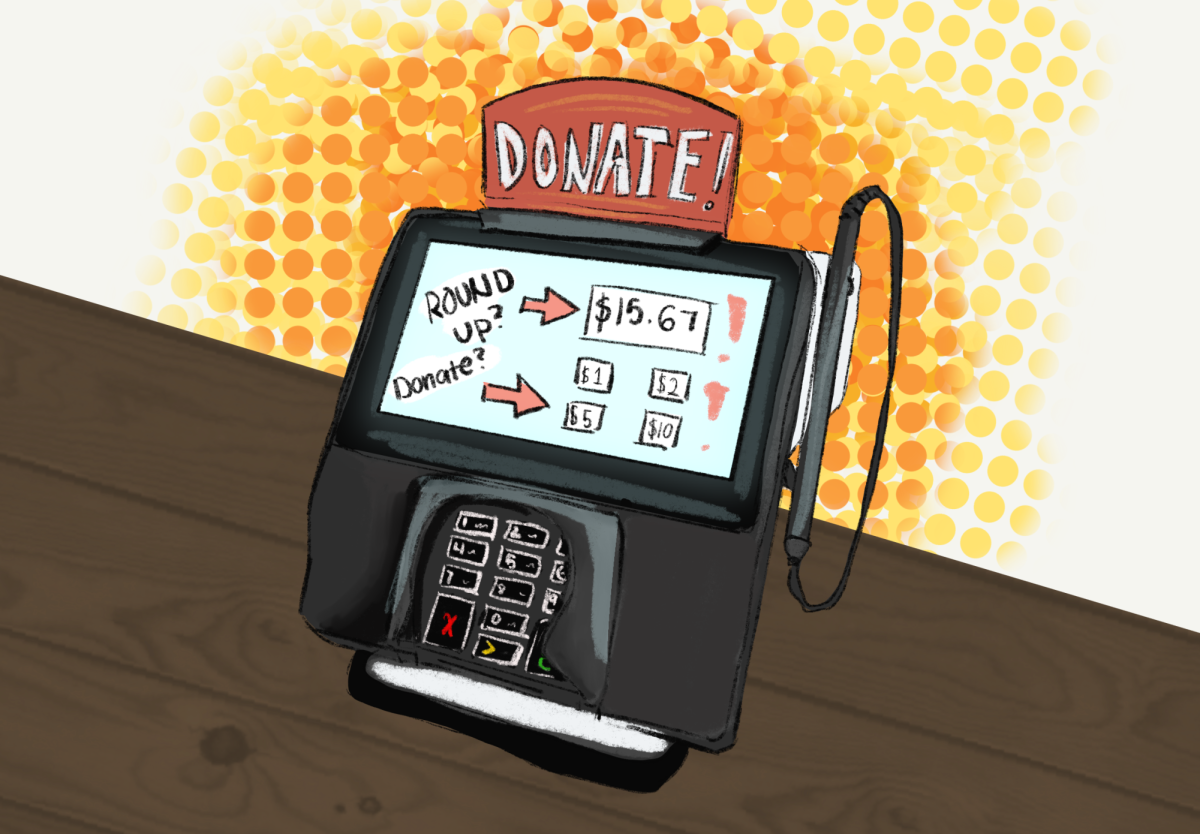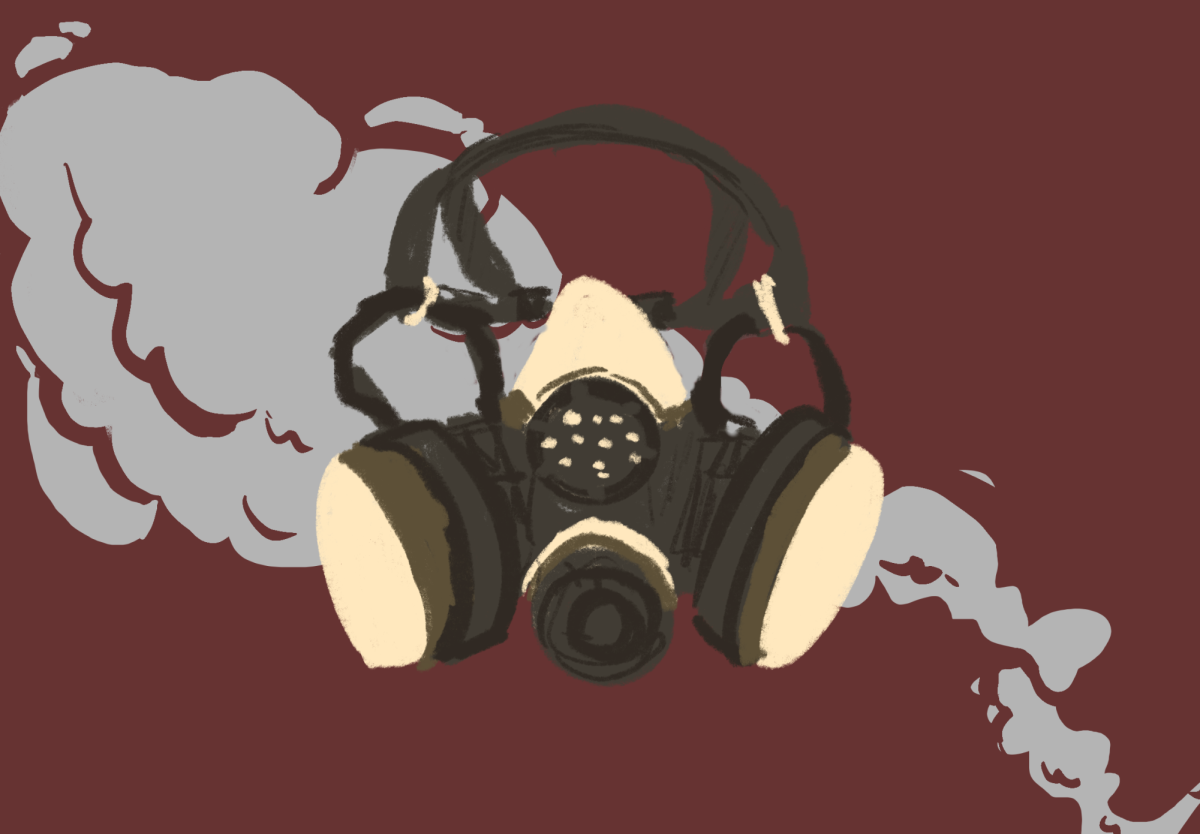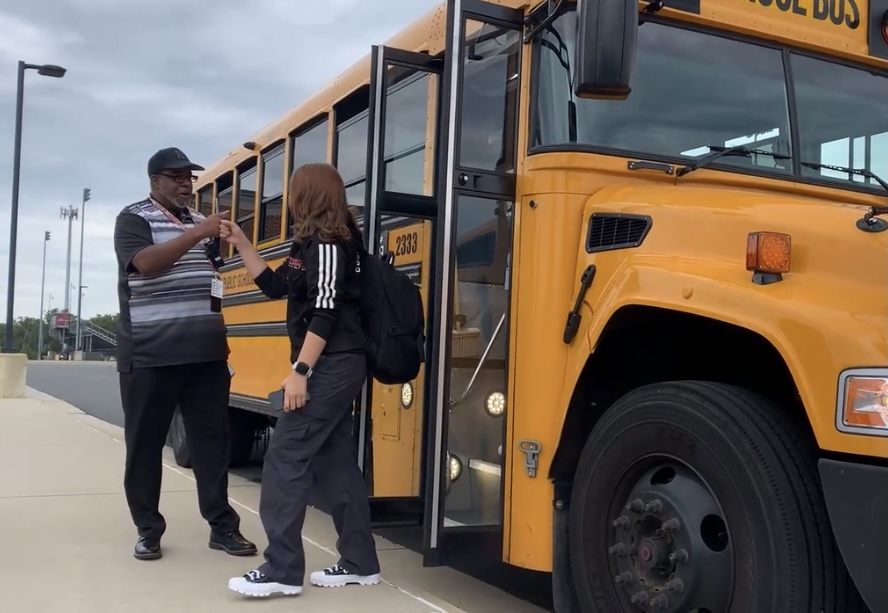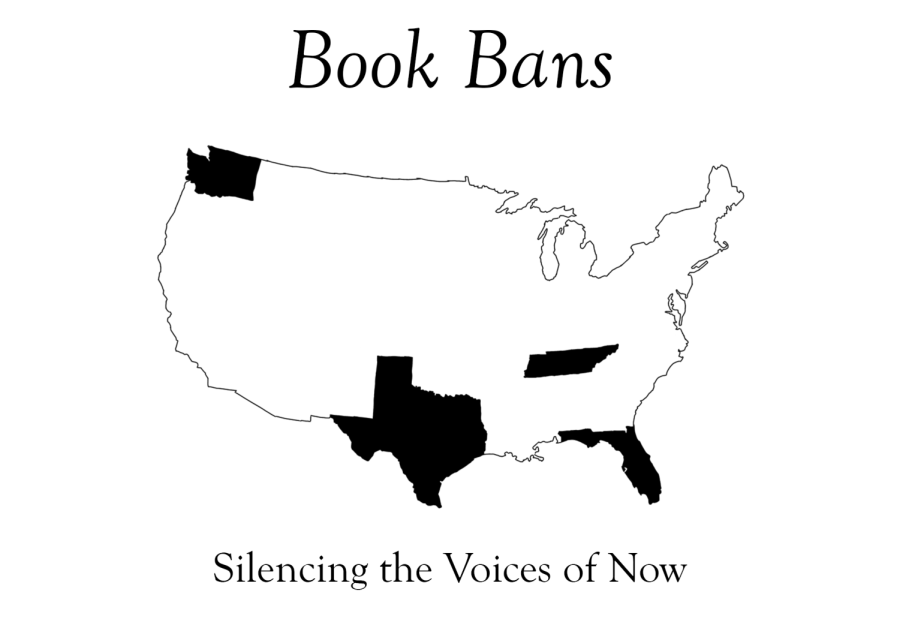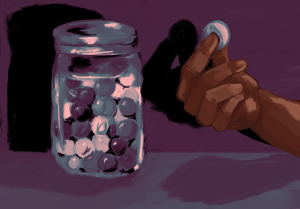Go to Google and search “student opinion on GPA,” and the first couple of results will likely be a news article reporting some high school students’ thoughts on the grade point average (GPA) system, an opinion article showcasing the author’s stance on the GPA’s effectiveness, and probably a Reddit post.
These articles, essays, and discussions have already tackled a majority of the arguments against the GPA system that could be made: whether that be calling it unrepresentative of students’ abilities, fuel for student stress and anxiety, or simply ineffective when practiced in the classroom.
While new arguments against the GPA will be made in the future, an aspect of these arguments that is often rarely touched upon has to do with what will replace the system if it were to be removed. The GPA system, in its current form, is not suited for the students of today; however, we can’t just leave a hole in the education system without placing an alternative to fulfill its purpose.
Knowing the GPA
The GPA system originated in the late 1700s in Yale University; it was tailored to give teachers, and parents to an extent, an accurate representation of students’ academic performance and ability. Over time, this system has evolved and spread throughout the country to be in all levels of education, including high school.
Not every school has the same GPA scale, for example, Loudoun County Public Schools (LCPS) has a different scale from Fairfax County Public Schools (FCPS).
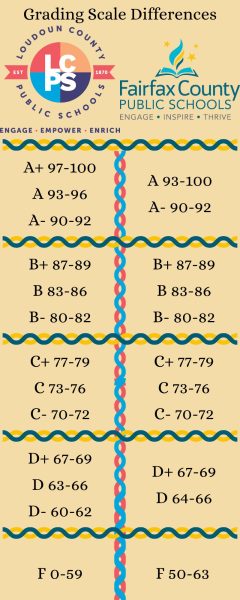
LCPS and FCPS have two grading scales for their schools, despite being neighboring counties. Differences in grading system and scale give certain students advantages over others depending on how their school system decides to structure it.
Senior Haadi Ansari is a new student this year at Rock Ridge and joined LCPS from FCPS. Since he spent the majority of his time at FCPS and its grading scale, he’s been able to see firsthand the pros and cons of LCPS’ and FCPS’ grading systems when compared to each other. “The first thing I did [when I moved to LCPS] was check the grading system,” Ansari said. “In FCPS there’s no A plus.”
In LCPS, the grading scale is between an A plus and an F; in FCPS on the other hand, the only difference is that there is no A plus and no D minus, the highest letter grade is an A. An LCPS student with an A plus will have a higher grade reflected on their GPA compared to a student in FCPS who is confined to an A only.
The GPA system is built upon the teachers who do the actual grading itself; however, this affects students when each of their teachers grades differently from each other. Around eight teachers who all grade independently of each other are gauging and assessing the same students, this amount of differentiating input on just one student can negatively affect that student’s GPA, meaning students have to work to appease multiple people each with their own standards and expectations.
This variation in grading scales between school systems coupled with the fact that those individual school systems have teachers who grade individually of each other hinders most high school students’ ultimate goal when it comes to education: college applications.
Unfairly Favoring
Not only does this difference in grading scales put some students in different parts of the country at an advantage or disadvantage compared to other students when it comes to college applications, it also creates discourse for the colleges themselves, as they acknowledge the variation in GPA systems and are now looking for ways to accommodate for it.
To accommodate for this difference in grading scales across school systems, colleges use their own separate calculation to find a rough estimate of the student’s GPA that is relevant to them.
Additionally, many colleges have started looking at extracurricular activities to give students that extra edge; activities like volunteering outside of school, club responsibilities, athletics, etc. However, not every student has time to do extracurricular activities.

Factoring out the time needed to eat, sleep, travel between destinations, and personal time to themselves, students are on a tight schedule; adding onto the hours done for extracurricular activities, the time spent doing homework, and collaborating with peers create a problem for student: how do they squeeze in the time for this after-school activities and assignments without cutting out the time spent doing basic human needs. With all this in mind, extracurriculars, while a great learning opportunity for students outside of the classroom, come with their own set of problems that can be rooted back to the GPA.
If students don’t have the time to perform extracurriculars, they are now forced to focus on maintaining their GPA,
This system unfairly favors students who can take tests well and push through with academic endurance; while leaving creatively inclined students left in the dust, forced to acclimate themselves to a system they had no hand in making.
Students who excel in creative projects such as painting, writing, and filming, but do average on tests and quizzes are usually outshined by their peers who can ace those more academically inclined exams. This can be attributed to schools favoring test-based assessments over creative projects, and the lack of such projects compared to assessments makes it difficult for creative students to showcase themselves. While that argument can be true for some cases, the bottom line is that the work that goes into these projects is completely undermined and packaged into a single letter grade; a grade that is pumped into an average that becomes the sole factor that colleges look at.
Any Alternatives?
While my stance, and the stance of many students that are voiced online, find the current GPA in education unrepresentative and outdated; we cannot simply leave a gap that would be created in the education system by removing the GPA without having some solution that would act as an alternative.
As stated earlier in the article, creatively inclined students aren’t favored by the current GPA system; a new alternative would have to hold both creatively inclined and academically inclined students to the same level, allowing both types of students a chance to represent themselves without the other being put in a systemic disadvantage.
I now pitch to you the portfolio. In this proposed alternative, students would store any work that they have done over their high school career that they feel accurately represents their hard work, dedication, passion, abilities, and understanding of what they are learning in a portfolio. This portfolio can then be used by college admissions officers as the replacement for the GPA, being a new way for students to showcase themselves and shine a new way on how colleges look at students individually.
A student could record their best English essays inside this portfolio, logging pieces from different grade levels to showcase their growth over time; a student could record their self-made history slideshow, showcasing their mastery of the subject at hand and how they were able to convey it in a presentation to the class; a student could record their scientific lab reports, highlighting their understanding of the lab’s concept and acknowledging where they’ve could improve in the future; the only limit to what could be in showcased in this portfolio is the student’s own call on what they want to put on display in the portfolio.
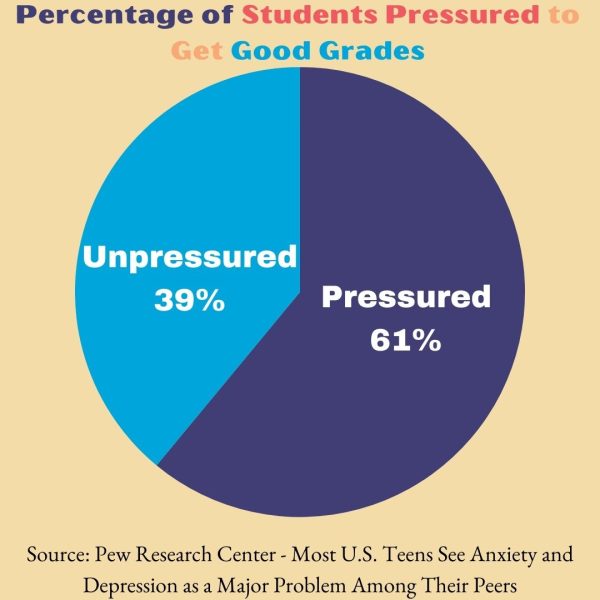
Student’s ability to act independently would be improved since they are actively choosing for themselves what they believe represents them. If needed, students can be guided by counselors, peers, parents, teachers, and other mentors in the student’s life if they so choose.
Additionally, students would no longer have to deal with a constant, looming task that is the GPA; a task that has been reported numerous upon numerous times to be a large cause of stress. With a portfolio approach, students are given the time throughout their high school career to put together this collection of their own ability. Furthermore, being guided by mentors as mentioned before, would further decrease the stress they are getting by ensuring students aren’t going at this task alone.
Why not?
From this explanation alone, it can be argued that the portfolio favors creatively inclined students; ironically being just as counterproductive as the GPA system, which favors academically inclined students. To accommodate the more academically inclined and studious students, tests and exams could also be recorded in this portfolio.
Stopping at just test scores would not accurately represent the work of those students either, allowing them to also showcase written notes would exemplify their work outside of the classroom, and their growth over time as well; The portfolio can be used to display how the strategies these students have used to study and learn overtime have changed and evolved.
Even if this system could accommodate different types of students, how would we implement it?
While it’s easy to propose a new idea to something; school teaches you to both trust the process and to think outside the box. A lesson that is learned outside of the classroom, however, is that not every process will work because of the box it’s currently in.
Because the GPA system has been in place for centuries, it would be difficult to accommodate a change as drastic as changing a country’s educational grading practices; we need to make sure that students are able to adjust to this change accordingly. Ansari has stated that when adjusting to LCPS’ schooling practices, he preferred FCPS’ GPA system overall and would like to see other counties conform to having one singular grading system.

Although changing the GPA system would be easier for students at the freshman and sophomore levels, how does it affect juniors and seniors? Juniors and seniors, if we were to change the GPA system, would be negatively affected because of the sudden shift. They would need to conform to a new system while already working to pass high school.
The other thing to consider if we want to change how this system works is how it affects those who’ve already graduated from the said system; is it unfair to those who’ve already graduated since they can not benefit from this alternative?
Ending with the Rebuttal
These concerns are both reasonable and justifiable when presented with this alternative; which, at its core, is a drastic change.
That’s why we should not completely overhaul the grading system with an alternative in one fell swoop; but rather, test out this alternative in a school system that has all parties agree on testing its legitimacy Teachers, parents, colleges, schools, and especially the students themselves can come together to an agreement on whether or not they want to test out this alternative before either finding it doesn’t work for them; or, switching to a portfolio system if they believe it works well enough.
Even with my stance on the GPA, I and others who may share the same view can’t deny the importance and weight the current GPA system has: it has its pros and cons that both benefit and hinder students, parents, teachers, schools, and colleges in vastly different ways. However, these systems in place can become stagnant and outdated; that’s why in school we’re told to try new methods and formulas in order to understand the subjects taught to us.
I think it’s time for the schools to be like students and try a new approach to a problem, it’s only been a little over 200 years.

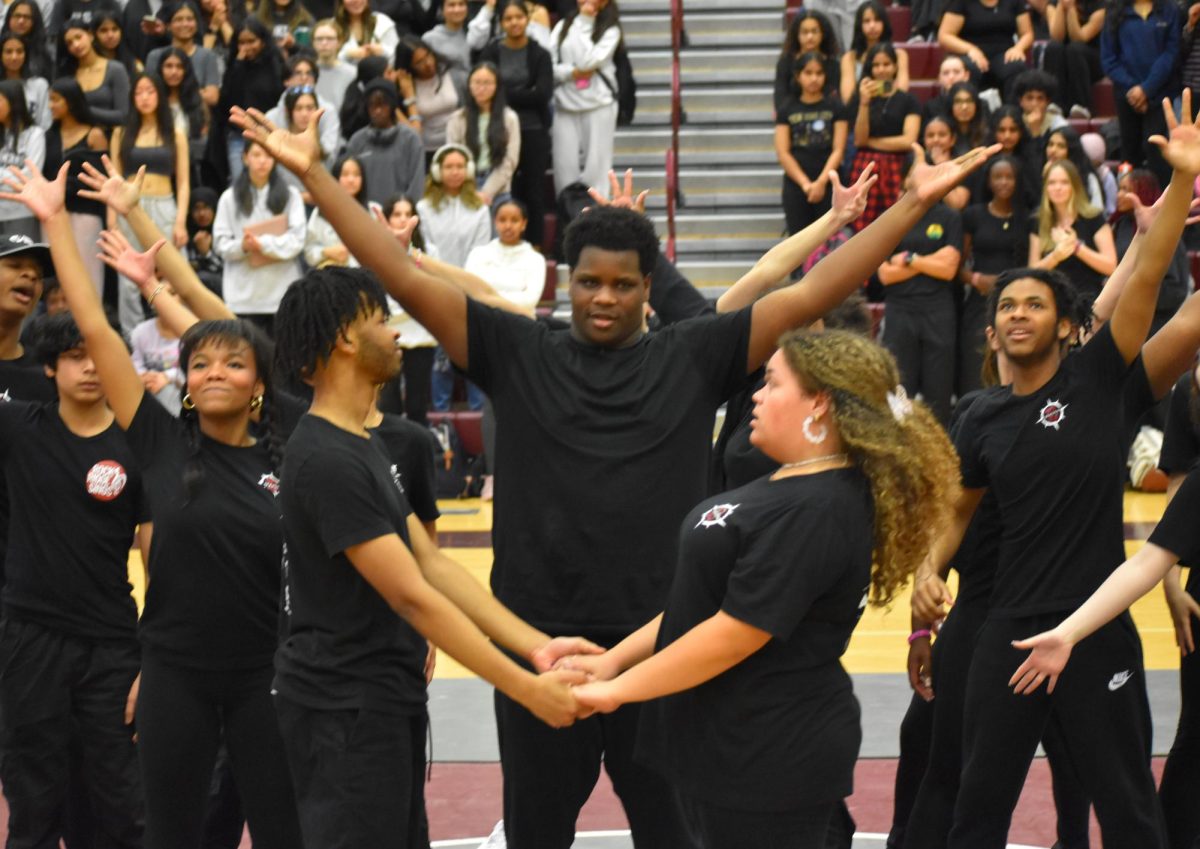

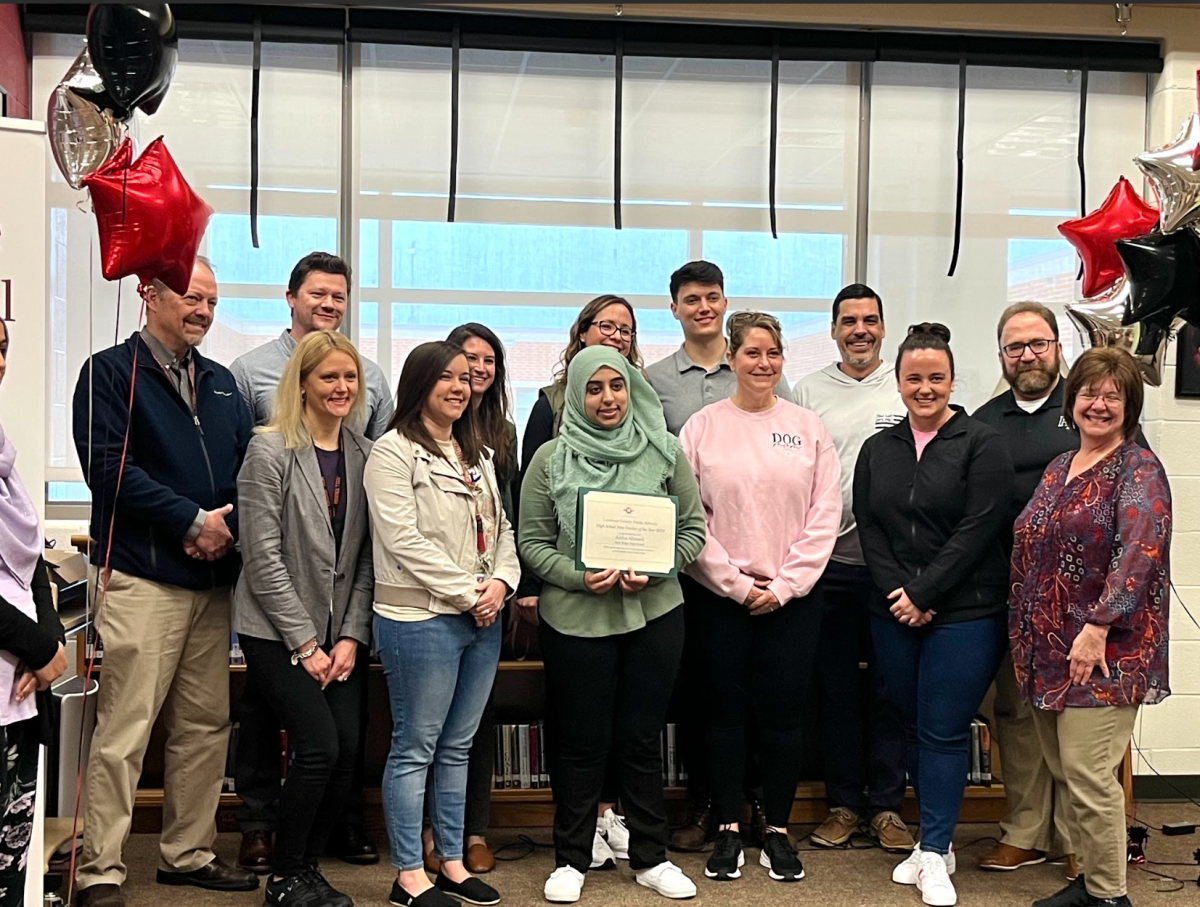



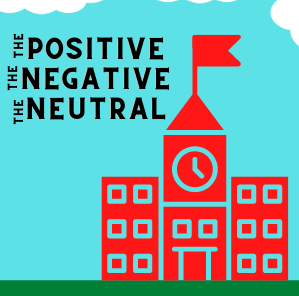

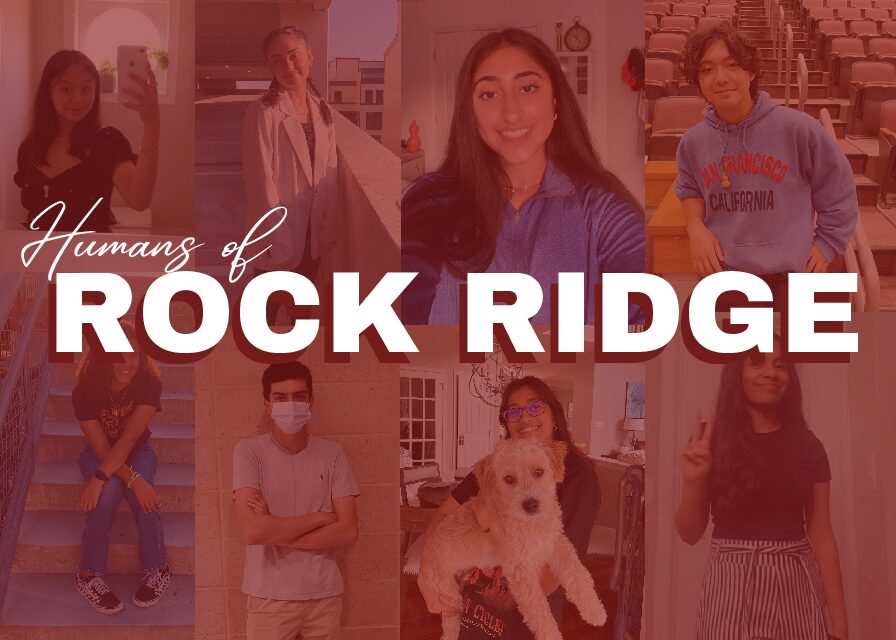


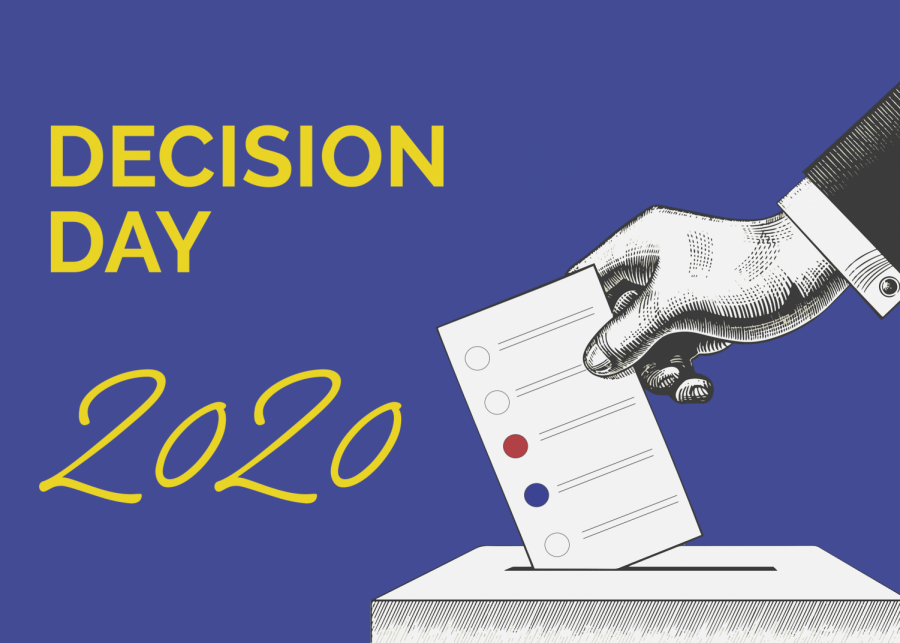

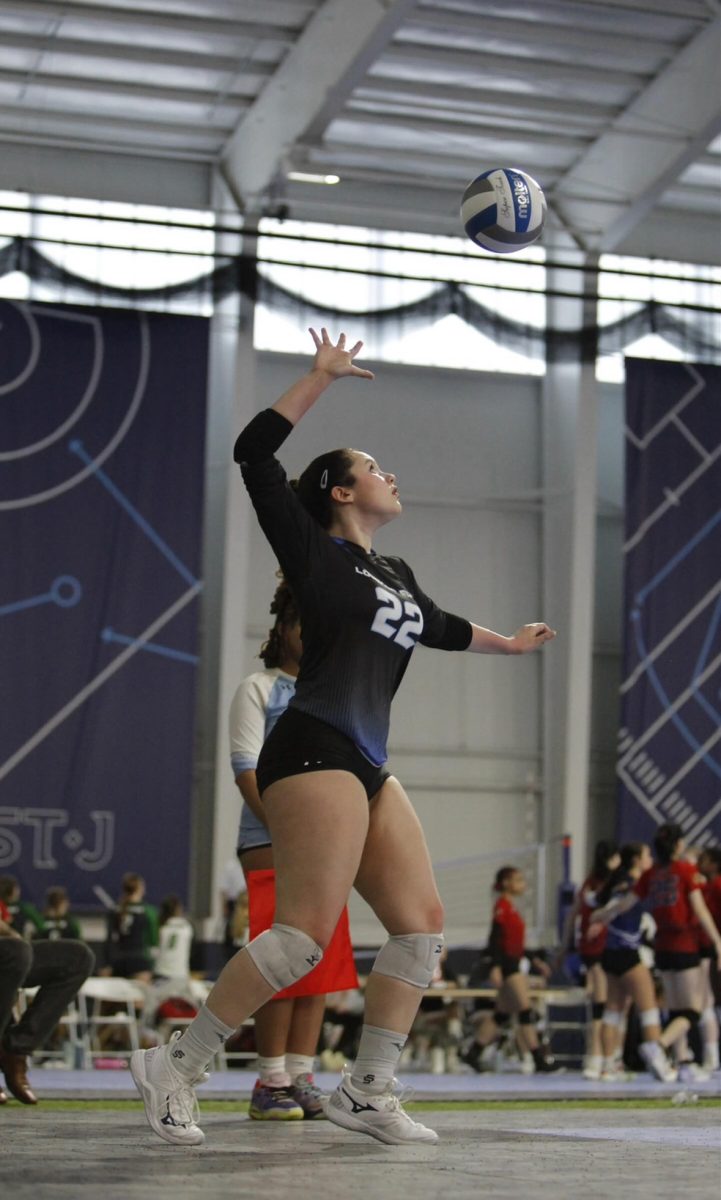


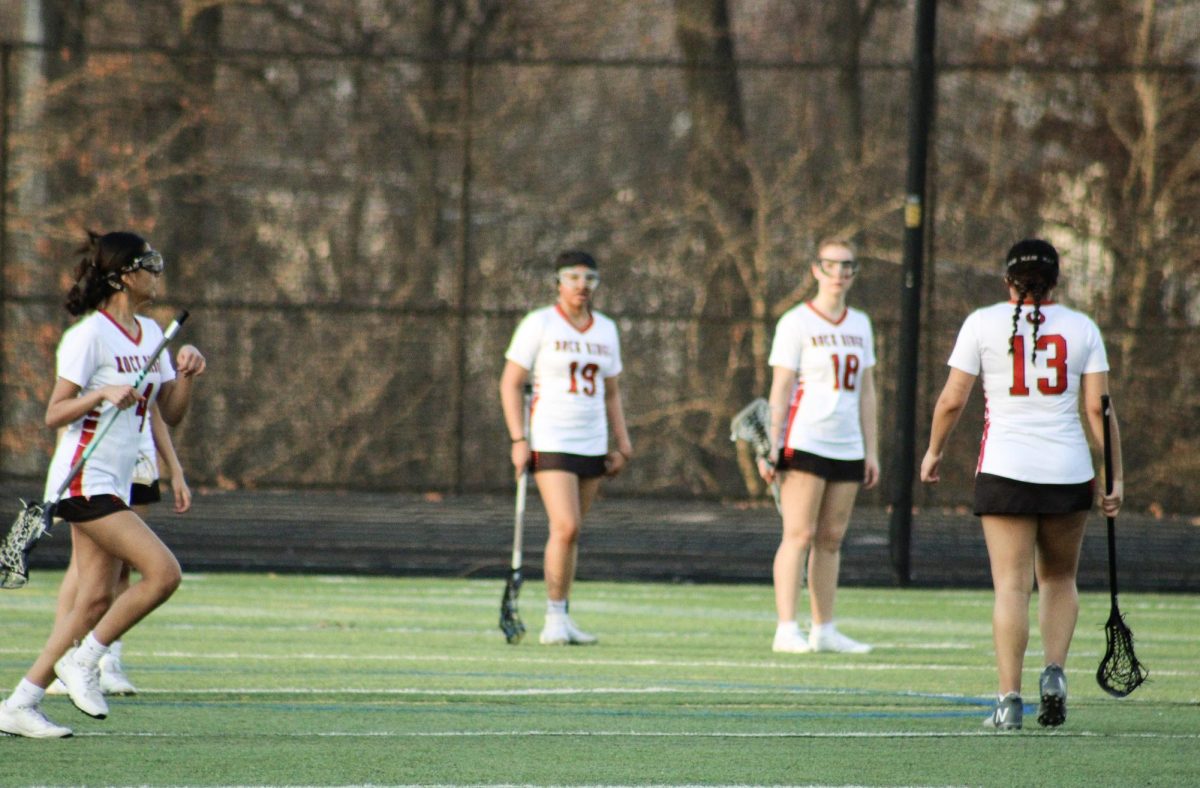

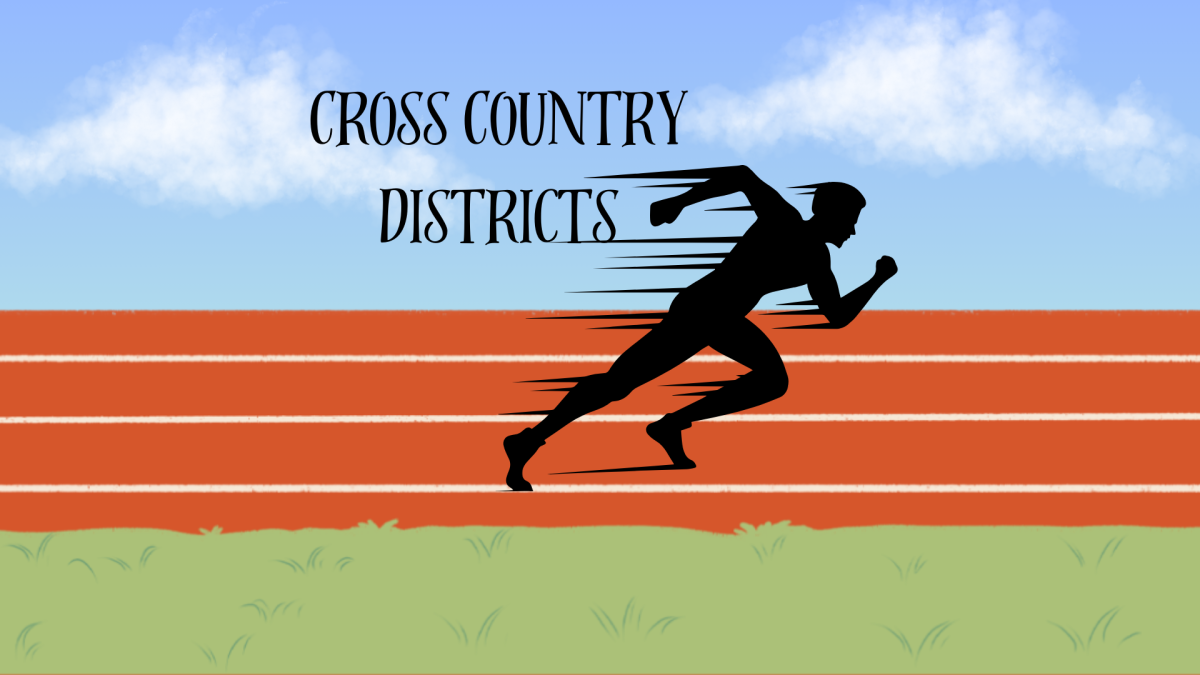

![Held up by a group of cheerleaders, flyer sophomore Leyu Yonas poses as part of a stunt, also supported by flyer junior Shayne Mitchell behind her. (Left) Prior to the pink out football game on Oct. 13, the athletes practiced in the aux gym from 5 p.m. to 6:30 p.m. (Right) On Oct. 19, the cheerleaders competed in their District Championships at Woodgrove High School. “We definitely put all our effort on the mat [at Districts], and it showed,” Mitchell said. Left: Photo by Nadia Shirr. Right: Photo by Steve Prakope via Victor O’Neill Studios.](https://theblazerrhs.com/wp-content/uploads/2023/11/feature-image-1200x823.png)
![Sophomore Xavier Smith (6), the Phoenix quarterback, runs the ball as his teammates help hold up the defense. “My [offensive] line collapses, so I just [have to run], and its a good way to get first downs because [Tuscarora’s] defense was really good,” Smith said.](https://theblazerrhs.com/wp-content/uploads/2023/11/IMG_5383-1200x897.jpg)
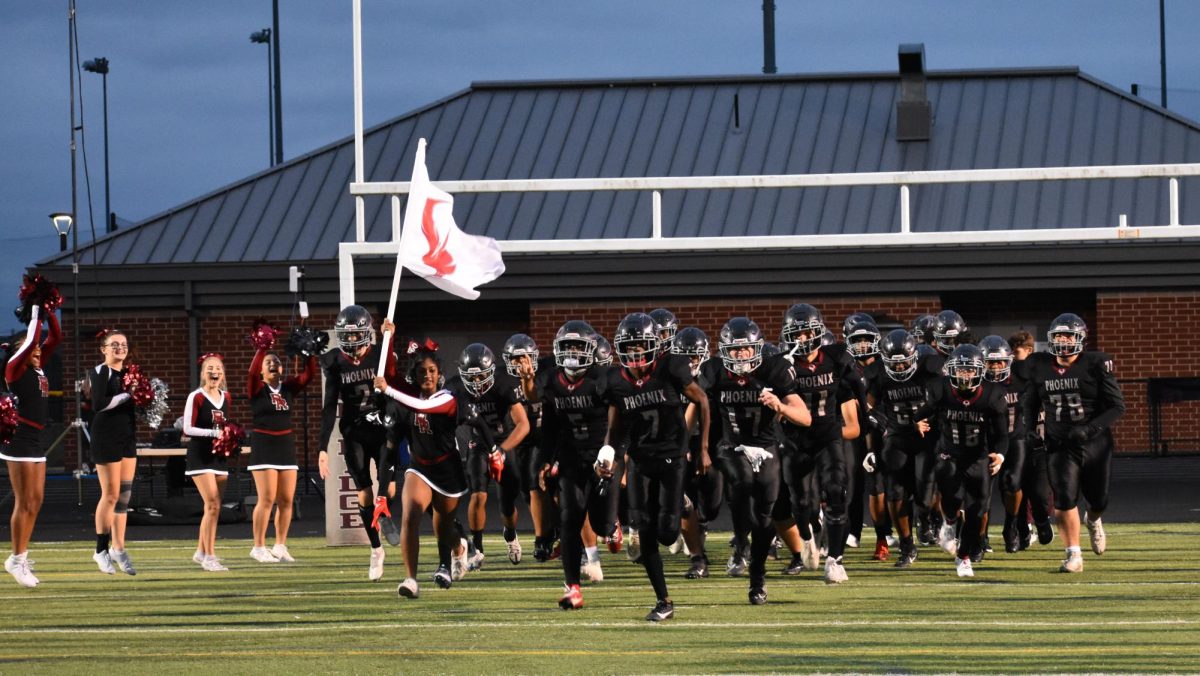

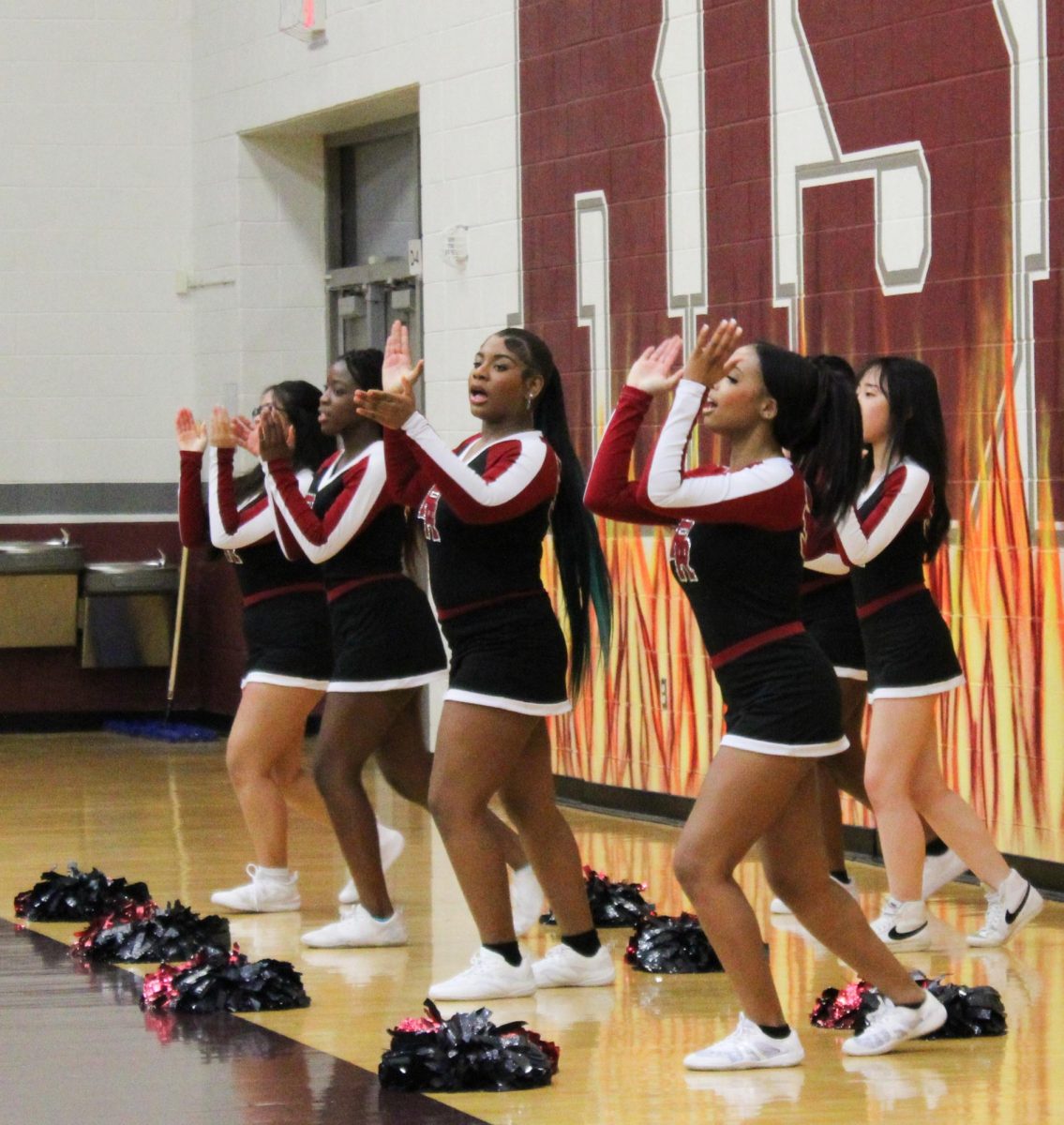
![As the referee throws the ball up for the tip-off, freshman Simone Diby leaps towards the ball to get it in Phoenix possession. Diby is a new member of the Phoenix girls basketball team, and despite it being a change, she finds it enjoyable. “It’s definitely a different experience if you’ve never played on a team, [but] I think it’s still fun.”](https://theblazerrhs.com/wp-content/uploads/2024/03/DSC_0057-1200x662.jpg)

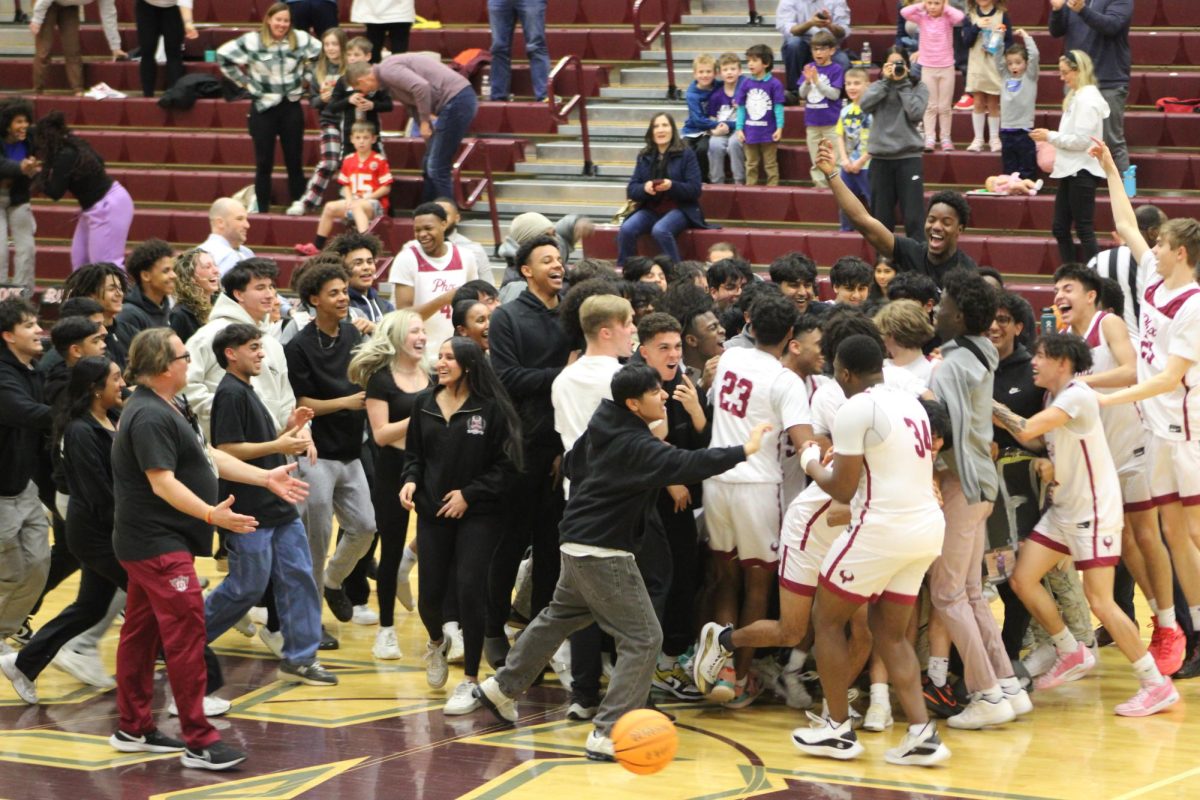
![With the energy and effort the Bolts were bringing to the game, the Phoenix had to step up and match them to make it through their first game of the season. Many of the girls on the team, including freshman Nazly Rostom, have been playing soccer since their childhood and have grown a love for the sport as a result. “It was fun to see how we actually played in a [real] game,” Rostom said. “Even though the outcome was not what we were hoping for, I’m still happy we got to play together.”](https://theblazerrhs.com/wp-content/uploads/2024/04/DSC_0154-1200x800.jpg)






